Dining out in Europe can be a charming experience filled with leisurely meals, local flavors, and vibrant atmospheres. However, if you're pressed for time or just eager to wrap up, getting the bill quickly can be tricky. Unlike in some other parts of the world, where the bill is promptly brought to your table as soon as you finish eating, the European dining experience is different. The laid-back culture, especially in countries like France, Italy, and Spain, is all about savoring your meal at a relaxed pace. This article will guide you through the best ways to navigate European restaurant customs and get the bill quickly without appearing rude or impatient.

In Europe, dining is seen as an experience, not just a way to fill your stomach. The cultural mindset emphasizes taking your time, enjoying each course, and engaging in meaningful conversation. The staff is not in a rush to turn tables and often waits for diners to ask for the bill rather than bringing it automatically. In some places, you might sit for hours after finishing your meal without a waiter interrupting you unless you signal that you're ready to pay. This contrasts with the dining customs in countries like the U.S., where swift service and quick table turnovers are more common.
The reason behind this relaxed approach isnt poor service but rather respect for the dining experience. In Europe, its considered rude to rush diners. Bringing the bill without being asked could imply that they want you to leave. Instead, the custom is to let you linger, enjoying your coffee, dessert, or post-meal conversation at your own pace. Understanding this cultural nuance is key when dining out in Europe. However, there are ways to get the bill more quickly if youre ready to go.
To get the bill quickly, timing and approach are everything. Here are a few ways to politely signal your readiness:
Catch the Waiters Attention: In most European countries, it's polite to make eye contact with your server when you're ready to pay. A subtle nod or raising your hand slightly can work in your favor. There's no need for loud calls or aggressive hand-waving; these are generally seen as impolite. A calm and respectful gesture is more likely to yield results.
Use the Right Phrases: Knowing the right phrase in the local language can also speed things up. In France, for instance, saying L'addition, s'il vous plat (The bill, please) is customary. In Spain, you can say La cuenta, por favor, and in Italy, its Il conto, per favore. Speaking the language, even if its just for this small request, shows respect and often gets you faster service.
Know the Local Customs: In some parts of Europe, especially in Southern countries like Italy and Spain, its common to pay at the counter rather than waiting for the bill at the table. If youre in a busy caf or casual dining spot, you might find it quicker to head to the register and pay directly. Observing what locals do can give you hints on how things work in that specific setting.
In certain European countries, subtle nonverbal signals can help indicate that you're ready for the bill. For example, placing your knife and fork parallel on your plate in the "4:20" position is often a signal to the waitstaff that you're finished. Another subtle cue is closing your menu or placing it on the edge of the table when you're ready to order and don't want to wait too long.
Where you sit can also influence how quickly you get the bill. Sitting near the entrance, close to where the waitstaff is most active, increases your chances of quicker service. While this might seem insignificant, it makes it easier for the waiter to notice when you're ready to pay.
Coffee and dessert are often leisurely parts of the meal in many European countries. If youre in a rush, skipping these can signal that youre winding down and ready to settle the bill. In places like Italy, coffee culture is a huge deal, and lingering over an espresso can add significant time to your dining experience.
One of the simplest strategies is to ask for the bill when your plates are cleared. This doesnt mean you have to rush through paying, but it gives the waiter a heads-up that youll need it soon. That way, they can bring it when youre done with your meal, minimizing waiting time.
Its also helpful to be prepared with the correct payment method. In most European countries, credit and debit cards are widely accepted, but in some smaller establishments, cash is still preferred. Additionally, tipping customs vary across Europe, and knowing the norms can save time when settling the bill. For instance, in many countries, service is included in the price, so tipping isnt expected, but rounding up the total is appreciated. Have some change ready if youre paying in cash to avoid the delay of getting the change back.
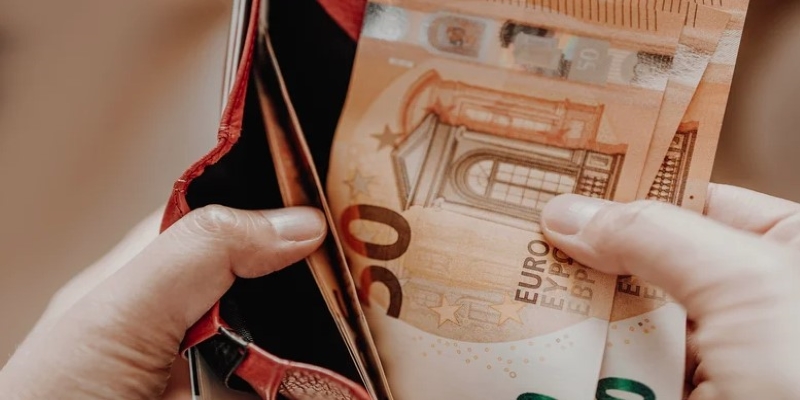
Language barriers can add to delays, but they can also be overcome with a bit of preparation. Carrying a small phrasebook or using a translation app can help communicate your request if the waitstaff doesnt speak English. Politeness goes a long way, so learning a few key phrases in the local language can make the process smoother and quicker.
Getting the bill quickly while dining out in Europe doesn't have to be stressful if you understand the local customs and use a few smart strategies. By being mindful of cultural differences, using appropriate nonverbal cues, and asking politely at the right time, you can smoothly speed up your dining experience without offending anyone. The key is to strike a balance between enjoying the leisurely European dining tradition and wrapping up efficiently when you need to move on. Whether you're in a bustling Parisian restaurant or a cozy Tuscan trattoria, these tips will help you navigate the process with ease.

By Kelly Walker/Jul 13, 2024
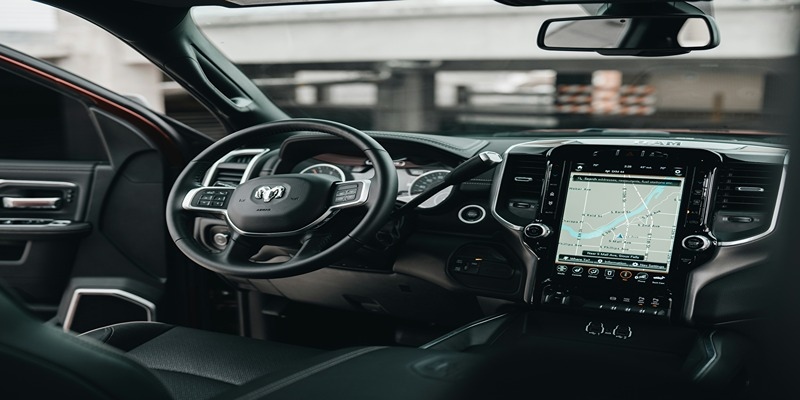
By Sid Leonard/Aug 26, 2024

By Kristina Cappetta/Sep 04, 2024
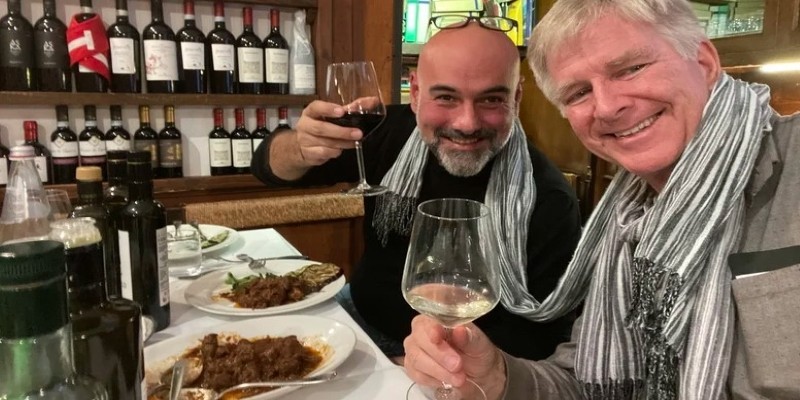
By Sean William/Sep 03, 2024

By Korin Kashtan/Sep 04, 2024

By Jennifer Redmond/Sep 04, 2024

By Noa Ensign/Sep 04, 2024

By Mason Garvey/Oct 13, 2024

By Isabella Moss/Aug 28, 2024
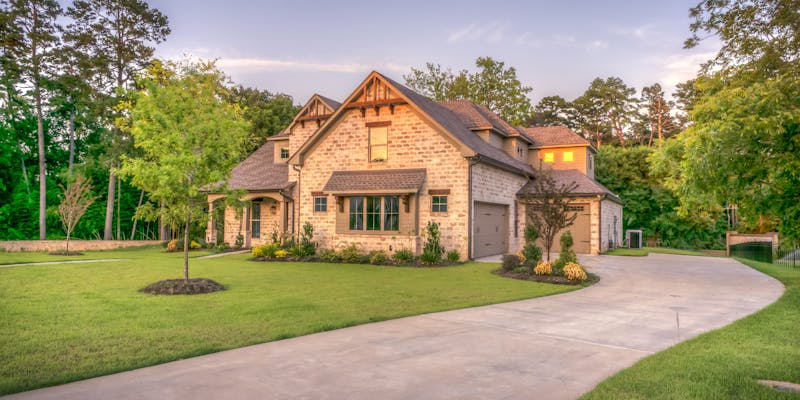
By Rick Novak/Jul 11, 2024
By Martina Wlison/Sep 04, 2024
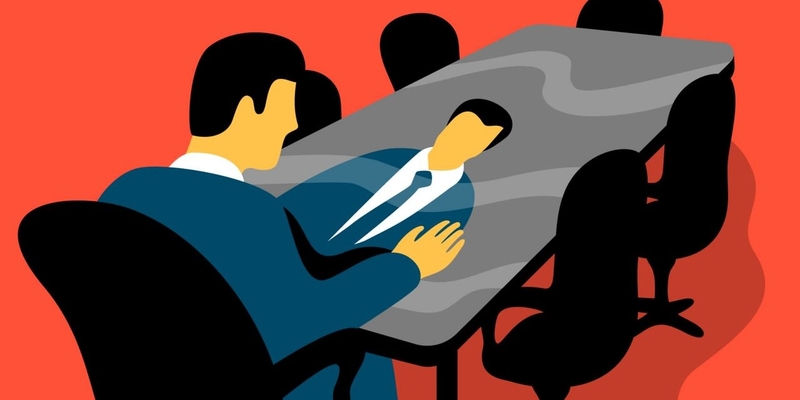
By Madison Evans/Aug 29, 2024